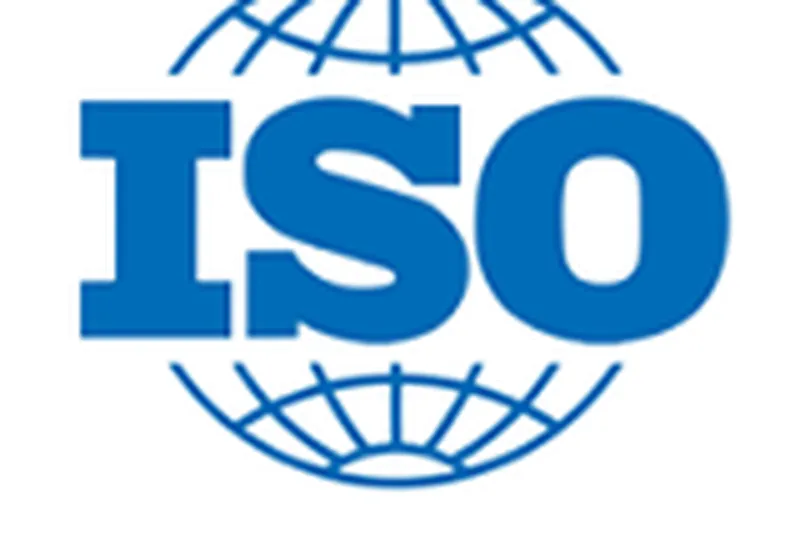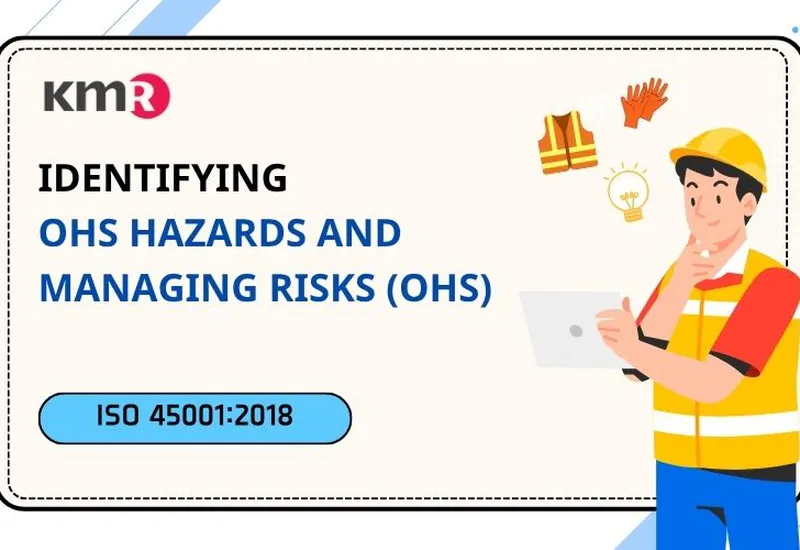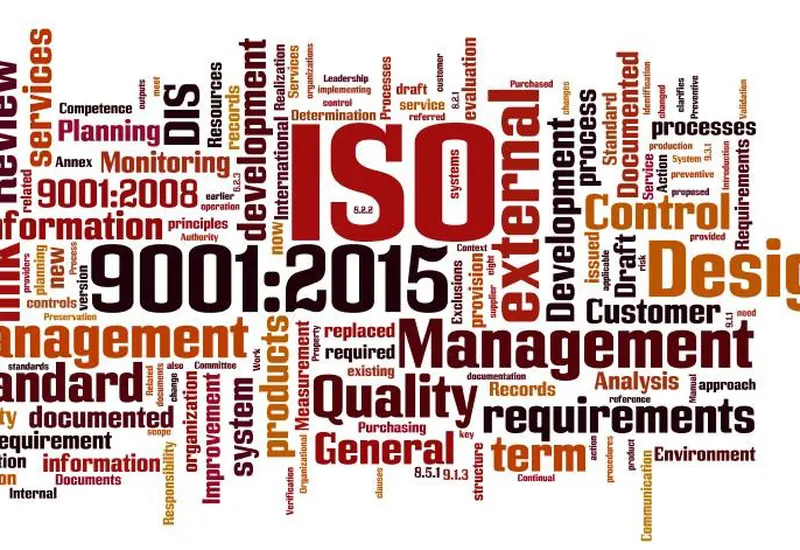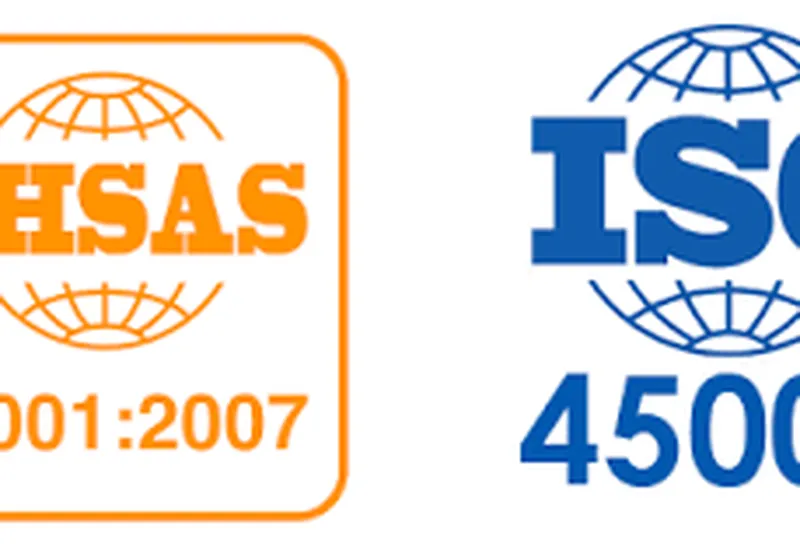BUILDING A SUSTAINABLE PATH TO ESG REPORTING
An effective ESG report not only helps businesses enhance their social and environmental responsibility but also strengthens their brand position in the marketplace.
Global awareness of climate change and sustainability has grown exponentially over the past decade, making terms like corporate responsibility, carbon footprint and transparency the new buzzwords of our time. The drive towards a more sustainable future has propelled ESG considerations – or environmental, social and governance in its full form – to the forefront of Board meetings in companies worldwide, firmly establishing their status as paramount concerns in the modern business world.
Cost savings, increased market share and stakeholder expectations are just some of the key drivers behind the shift towards sustainability. Simultaneously, governments at local and national levels are tightening environmental, fiscal and corporate legislation and regulations, requiring companies to disclose a significant amount of data through ESG reporting.
This means companies will need robust, auditable ESG data. ESG data reporting is often one of the primary challenges for companies across all industries, and one that can be solved easily by following International Standards and best practices. This article delves into the intricacies of ESG reporting and how ISO standards can help companies incorporate ESG into their corporate strategy.

The importance of ESG Reporting for Businesses and Climate Change
What is ESG reporting?
ESG is a set of non-financial measures that contribute directly to an organization’s risk management profile, sustainability development and corporate social responsibility. More specifically, ESG reporting is a type of corporate disclosure that details the environmental, social and governance (ESG) promises, efforts and progress of an organization. Its purpose is to shed light on a company’s ESG activities to improve investor transparency. These activities include climate change, human rights and executive compensation.
Why does ESG reporting matter?
Running a business responsibly, being climate-conscious and moving towards “net zero” has a direct impact on revenue, costs and market share. It can also strengthen a company’s reputation and create trusting and long-lasting relationships with stakeholders. But this relies on companies adopting tight corporate governance, operational transparency, and working within the boundaries of national and international legislation and regulations.
ESG reporting is important for many reasons that make it the corporate mainstay across industries and jurisdictions.
Transparency: With growing concerns around sustainability and climate change, companies are increasingly asked to be transparent about their operations. ESG reporting gives companies the chance to report on their ESG efforts and progress.
Risk management: ESG-related issues can expose a company to risk that can lead to disruptions and financial losses. ESG reporting is an opportunity to get ahead of those issues by disclosing activities and identifying potential risks.
Investor demand: Investors rely on all types of metrics to gauge a company’s performance and growth potential. Robust ESG practices and transparent reporting are more likely to attract investors, leading to increased capital inflow.
Brand reputation: Consumers choose to do business with companies that align with their sustainability beliefs. They are likely to be more loyal to companies that report on their ESG activities and progress.
Compliance: An ESG report is a way for companies to make proper disclosure and helps ensure regulatory compliance. As regulations continue to evolve, companies with a strong ESG reporting are better positioned to comply with these changes, avoiding penalties and legal complications.
Operational efficiency: ESG reporting often involves a thorough review of operational processes. It can be the driver that pushes a company to enhance efficiency and identify areas of improvement.
Goal tracking: ESG reporting is a way for companies to be accountable for their ESG performance claims. It provides a way to track progress on goals that play out over a longer period of time.
Are companies required to do ESG reporting?
A November 2022 report from the Governance & Accountability Institute Inc. found that 96 % of companies on the S&P 500 index had published an ESG report. What does this mean? Is ESG reporting mandatory? Depending on where a company has its headquarters, there can be national or specific jurisdiction-level regulations for ESG reporting. There are also a growing number of regulations in specific industries calling for companies to report in some form on their ESG activities and impacts.
This has raised the bar on ESG reporting, with the emergence of new ESG reporting requirements in 2023. In the European Union, for example, the Sustainable Finance Disclosure Regulation came into effect in March 2021, providing requirements for ESG reporting with a focus on sustainability-related initiatives. This regulation is complemented by the Corporate Sustainability Reporting Directive, which came into effect in January 2023.
For its part, the U.S. Securities and Exchange Commission (SEC) issued its final climate rules, entitled “The Enhancement and Standardization of Climate-Related Disclosures for Investors,” that require certain public companies to make disclosures about their climate-related risks and greenhouse gas emissions.
So, although ESG reporting is not yet a requirement everywhere, there is an increasing trend towards regulation.
So what should an ESG report contain?
ESG reporting plays a pivotal role in guiding investment and business decisions. Based on these disclosures, stakeholders can make more informed choices aligned with their values and long-term objectives.
These reports contain qualitative and quantitative information related to the following areas:
🔸The environmental dimension includes anything that contributes to carbon emissions and climate change, such as energy, water and waste management; ventilation and air quality; materials sourcing; and supply chain management.
🔸The social dimension addresses the relationships and reputation a company has with its stakeholders, such as employee engagement, diversity and inclusion, health and safety, human rights, and labour practices.
🔸The governance dimension is the internal system of practices, controls and procedures that a company uses to govern itself, such as business model resilience, risk management, legal and regulatory compliance, due diligence, and meeting external stakeholders’ needs.
About ISO’s ESG implementation principles
ISO can help strengthen even the most ambitious of ESG strategies. Through its extensive portfolio of standards, ISO can help those enterprises striving to keep one step ahead of legislative, regulatory and social change.
ISO is developing an International Workshop Agreement (IWA) for embedding ESG within the culture of an organization. This high-level international structure will help manage ESG performance, as well as measure and report within existing disclosure frameworks, to ensure consistency, comparability and reliability of ESG reporting and practices globally.
ISO’s ESG guidelines are intended to be complementary and interoperable with existing voluntary and regulatory reporting frameworks to facilitate global harmonization and alignment on ESG principles and approaches. It will provide guidance to users engaging with the ESG ecosystem to support compatibility with other ESG frameworks, including national and international legislation. ISO’s ESG implementation principles can be used by organizations, large and small, across all sectors and countries.

ISO Frameworks help Businesses Build Effective ESG Reports
How ESG reporting drives sustainable success
Companies need to become more collaborative in their efforts to reduce their carbon footprint, achieve net zero and become fully sustainable. This collaboration cannot be achieved through strategy alone, and ESG reporting is fast emerging as a core aspect of corporate responsibility.
Strong policies require robust processes, impermeable risk frameworks, and operational streamlining and coordination, all of which can be seamlessly achieved through the adoption of ESG frameworks and ISO standards.
By bringing ISO into the conversation around ESG, business leaders can better plan their journey to a more sustainable and competitive future. And in building that future, a robust portfolio of ISO standards can help them clearly identify potential risks, corrective actions and possible opportunities.
Source: iso.org











main.comment_read_more